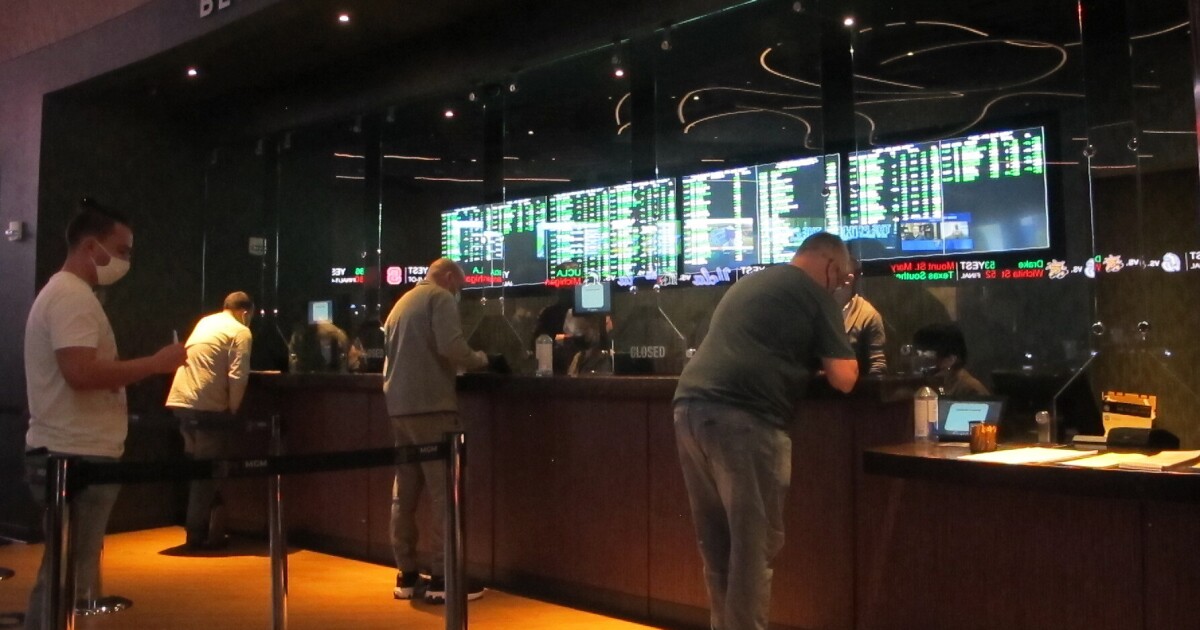Thailand’s Landmark Draft Law on Entertainment Complexes: A New Era or Just Another Gamble?
On October 24, 2024, Deputy Finance Minister Julapun Amornvivat unveiled a groundbreaking proposal that may change the landscape of Thailand’s tourism and entertainment industries: a draft law aimed at establishing legal casinos within designated entertainment complexes. This initiative, which is set to be presented to the cabinet for consideration by the end of the year, has generated considerable buzz and speculation about its potential impact on the Thai economy and society.
The Proposal
At the heart of this initiative is the plan to create entertainment complexes that will not only feature legal casinos but also a wide range of leisure activities designed to attract both local and international tourists. Mr. Julapun emphasized that this draft law would mark the first instance of legalized casinos in Thailand, which has historically maintained strict prohibitions against gambling.
The proposal recently underwent a public hearing, a constitutional requirement that revealed overwhelming support from the community, with 82% of respondents endorsing the draft. This level of public backing is indicative of a potential shift in societal attitudes toward gambling and its regulation.
Economic Implications
The establishment of these entertainment complexes is expected to have significant economic implications for Thailand. According to a study conducted by the Fiscal Policy Office, legalizing casinos could draw an additional 5-20% of foreign tourists. This influx of visitors is projected to increase spending per tourist, boosting estimates from 40,000 baht to 60,000 baht per visit. Such an increase would not only benefit businesses within the tourism sector but could also invigorate the overall Thai economy.
Furthermore, the complex development is anticipated to create a myriad of job opportunities for local residents, from construction to hospitality services. Mr. Julapun expressed a desire to ensure that as many Thais as possible are employed in these venues, alongside the necessity of providing training to equip them with essential skills.
Investment Opportunities
For potential private investors, the draft legislation outlines a minimum registered capital requirement of 10 billion baht for those interested in developing an entertainment complex. The government intends to vet investment proposals carefully, emphasizing that they must align with the broader vision of creating man-made tourist attractions that contribute to the country’s economic growth.
The proposed concessions for these complexes come with particular stipulations: licenses will be valid for 30 years, with options for renewal in 10-year increments. Additionally, there is a substantial financial commitment involved, including a license fee set at 5 billion baht and an annual fee of 1 billion baht.
Regulations and Restrictions for Local Gamblers
One notable aspect of the draft law is its approach to local Thai citizens wishing to gamble. To regulate gambling access among Thais, the draft stipulates that an entry fee does not exceed 5,000 baht per visit. This move reflects an effort to balance the need for strict regulation with the desire to facilitate a burgeoning entertainment market.
Societal Perspectives
While the draft law signals a progressive step towards recognizing the potential economic benefits of legal casinos, it also raises questions and concerns about responsible gambling and social implications. Historically, gambling has been associated with various issues, including addiction and financial instability, prompting calls for comprehensive measures to mitigate such risks.
Advocates for the proposal argue that the law can provide regulatory frameworks that promote responsible gambling, while critics warn of potential adverse effects on vulnerable communities. It remains to be seen how the government plans to address these concerns alongside the anticipated economic benefits.
Conclusion
As Thailand stands at the threshold of a potentially transformative venture with the introduction of legal casinos within entertainment complexes, the implications are vast and multifaceted. From bolstering the economy and creating jobs to navigating the complexities of societal attitudes toward gambling, this draft law represents a significant gamble in itself. The upcoming parliamentary discussions set for mid-December promise to be pivotal, as stakeholders from all sectors assess the proposal’s potential to usher in a new era for Thailand’s tourism and entertainment industries. Whether this bold move ultimately pays off will depend on meticulous planning, responsible regulation, and an unwavering commitment to the well-being of all Thai citizens.













